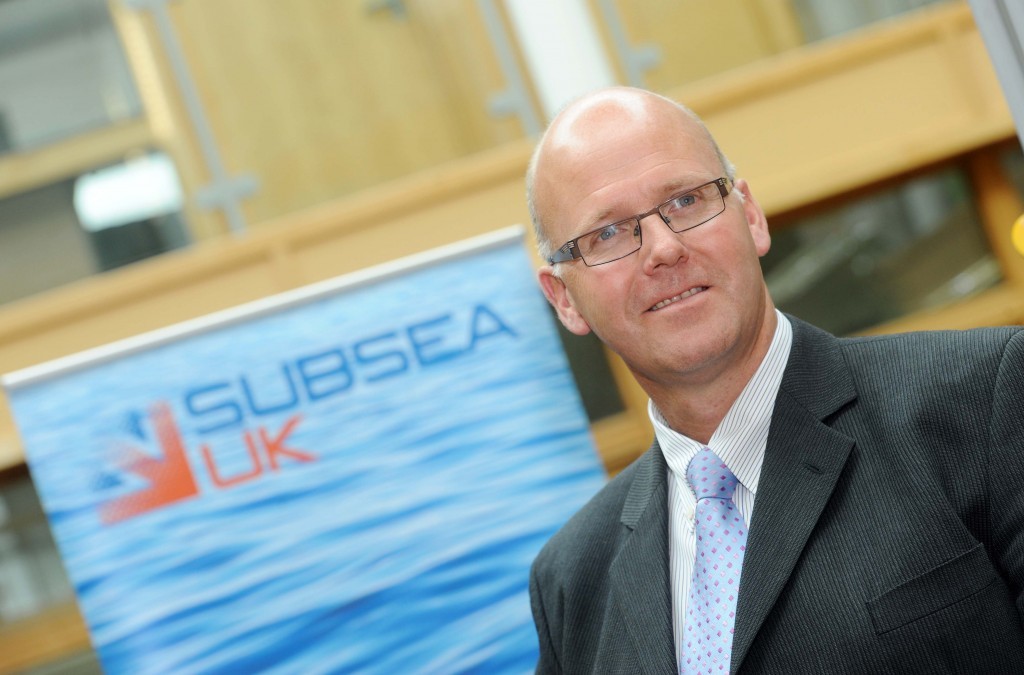
It’s nice to be nice or so my mother always told me. A relationship built on courtesy, respect and trust will always be much stronger. In today’s new norm of a lower, for longer oil price, we need robust relationships across the supply chain more than ever. It’s all very well talking about collaboration and co-operation but, if we don’t have mutually beneficial relationships, we’re unlikely to be able to achieve the collaboration that will deliver the results required for a successful and sustainable supply chain.
When this industry stopped reeling from the shock of the oil price collapse, rolled up its sleeves and started to tackle the underlying issues, it demonstrated the resilience, tenacity and ingenuity for which it has become known. There has been a remarkable amount of great work by industry, government and regulators in increasing production, particularly from ageing assets, and in reducing lifting costs. There’s still a huge amount to be done, particularly around stimulating investment to create new capital expenditure to replace the big projects that will close out in 2018. But we are much better positioned than we were a year ago.
Alongside collaboration, transformation and behavioural change have been the buzzwords of the last 12-18 months. For many the latter is about changing the way we do things and working smarter. But it’s also about the way in which we behave towards each other, both on the client side and on the supply side. Thankfully, the majority of companies in the supply chain are working much more collaboratively with relationships centred on driving value and efficiency. However, there are some examples of poor behaviour leading to bad practices which we must tackle.
Several of our members have complained about instances of changes to terms and conditions, such as longer payment terms which, in cash-constrained times, can force small companies under. Equally, there are examples of terms changing on project bids during the bid process. Companies who are unable to meet these terms are then out of the running after putting in considerable time and resources on tenders. We’ve also heard of instances where long-term suppliers have been dumped for a cheaper option, only to be re-instated when this option has not worked or, indeed, gone drastically wrong. Buy cheap, pay twice is another adage and, in these cases, the cost of not only putting the work right but also of the damage to the relationship can be too high a price to pay.
Our supply chain relationships must be grounded on a true understanding of the difference between cost-cutting and efficiency. We’ve gone through the painful process of some brutal cost-cutting and now there needs to be more focus on keeping the underlying costs down, without eroding companies’ margins, so that we have a healthy and sustainable supply chain.
It’s very clear that, during the high oil price environment, project management was not as it should have been across the industry both here in the North Sea and globally. Bad practices and poor decision-making and management led to significant cost over-runs and delays.
While the knowledge and experience of lessons learnt along with the right information and tools, can all improve decision-making, changing the risk averse behaviours through empowerment is vital. But of equal importance in improving decision quality is having value built in at the outset and that can only happen with a strong relationship based on agreeing how that value will be delivered through mutual courtesy, respect and trust.
Neil Gordon is the chief executive of Subsea UK.
Recommended for you
